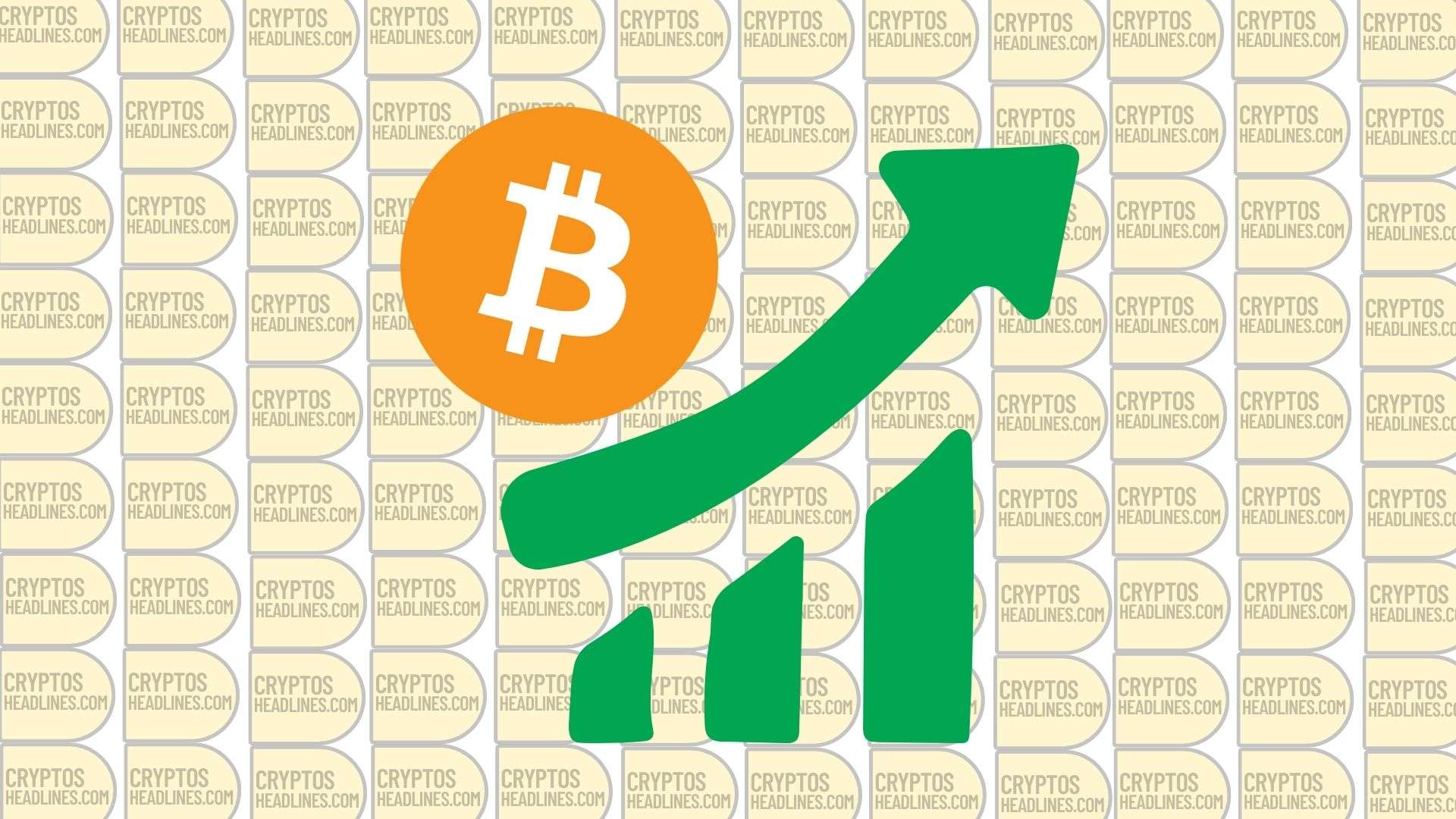Gemini Files Lawsuit Against Digital Currency Group (DCG), Regulatory Landscape Remains a Concern, BlackRock Renews Bitcoin ETF Application
Gemini’s Lawsuit Against DCG: Ultimatum and Fraud Allegations
Gemini, the cryptocurrency exchange, took a decisive stance this week in the ongoing dispute with Digital Currency Group (DCG). Co-founder Cameron Winklevoss issued an ultimatum, demanding a forbearance payment of $275 million by July 21, along with additional debt tranches of $355 million and $835 million in the coming years. Failure to comply could lead to a lawsuit against DCG.
Shortly after the ultimatum, Gemini filed a fraud lawsuit against DCG and CEO Barry Silbert, accusing them of involvement in fraudulent schemes. Winklevoss also criticized the SEC for rejecting a bitcoin spot ETF filed by Gemini, emphasizing the SEC’s shortcomings and the potential risks faced by US investors.
BlackRock Renews BTC ETF Proposal with Coinbase Partnership
BlackRock, a prominent financial firm, recently submitted a fresh proposal for a Bitcoin (BTC) exchange-traded fund (ETF) after facing regulatory challenges with their initial filing. While their previous attempt triggered positive market sentiment, it encountered hurdles with the SEC.
The renewed proposal aims to address the SEC’s concerns. Notably, BlackRock has formed a strategic partnership with Coinbase, a leading cryptocurrency exchange. Coinbase will provide custody services and spot market data for the ETF, leveraging their expertise and infrastructure to ensure robust security measures and reliable market information for investors. If approved, this ETF would be the first to gain regulatory authorization.
JPMorgan Skeptical of Bitcoin ETF Impact on Crypto Markets
JPMorgan, the largest bank in the United States, has expressed skepticism regarding the transformative impact of the SEC’s approval of physically backed bitcoin ETFs on the crypto markets. The bank’s strategists have prepared a report outlining their concerns, highlighting the subdued market response to similar ETFs in other regions.
In their report, JPMorgan emphasizes the distinct investment dynamics of gold and bitcoin. The bank’s assessment suggests that while the approval of a spot bitcoin ETF could hold significance, its overall impact on the crypto market may not be as substantial as some expectations.
Institutional Interest in Bitcoin Continues to Rise
According to Ark Invest’s June 2023 Monthly report, institutional interest in cryptocurrencies, especially bitcoin, remains strong. The report highlights a substantial increase in bitcoin held on over-the-counter (OTC) trading desks, indicating a growing interest among institutional investors.
Additionally, the report reveals a noteworthy 50% increase in bitcoin transactions over the past year, reflecting rising demand from both individual and institutional investors. The fact that institutions are increasingly embracing bitcoin marks a significant milestone for the digital asset.
Global Regulatory Focus: Singapore, South Africa, Korea, and Taiwan Take Action
This week, regulatory efforts took the spotlight as several countries, including Singapore, South Africa, Korea, and Taiwan, made significant headlines.
In Singapore, the Monetary Authority of Singapore (MAS) introduced a plan aimed at enhancing consumer protection and mitigating risks in digital asset trading. The plan mandates cryptocurrency exchanges and market participants to separate customer funds from their own capital, ensuring added safety measures. By the end of the year, new regulations will be implemented, requiring customer funds to be held in trust for increased protection, a response to the FTX collapse.
Additionally, MAS has decided to prohibit retail investors from engaging in crypto lending and staking activities to further safeguard their interests.
South Africa Mandates Licensing for Crypto Exchanges
In a move to enhance oversight of the cryptocurrency industry, the Financial Sector Conduct Authority (FSCA) in South Africa has issued a mandate requiring all crypto exchanges to obtain licenses by the end of November.
The FSCA has already received 20 license applications and anticipates more before the deadline. Commissioner Unathi Kamlana emphasized that non-compliant firms will face legal consequences, including potential closure or fines. Kamlana highlighted the potential risks associated with crypto products for financial consumers, emphasizing the importance of regulation to mitigate such risks.
The FSCA plans to closely monitor the impact of these regulations and collaborate with the industry to address any necessary changes. This initiative positions South Africa as the first African country to mandate licensing for crypto exchanges.
South Korea Enhances Crypto Regulations to Ensure User Protection
South Korean financial authorities are embarking on a research project aimed at improving cryptocurrency regulations and safeguarding users in the crypto market. The recently passed “Virtual Asset Protection Act” by the South Korean parliament has established a framework for comprehensive crypto regulations. The next phase of legislation will specifically focus on financing and the issuance of virtual assets.
The Financial Services Commission (FSC) convened on July 3 to discuss the second phase of crypto legislation, with research set to commence this month and completion expected by August. This proactive approach highlights South Korea’s commitment to strengthening crypto regulations and ensuring the protection of users.
Important: Please note that this article is only meant to provide information and should not be taken as legal, tax, investment, financial, or any other type of advice.
Follow Cryptos Headlines on Google News
Join Cryptos Headlines Community











